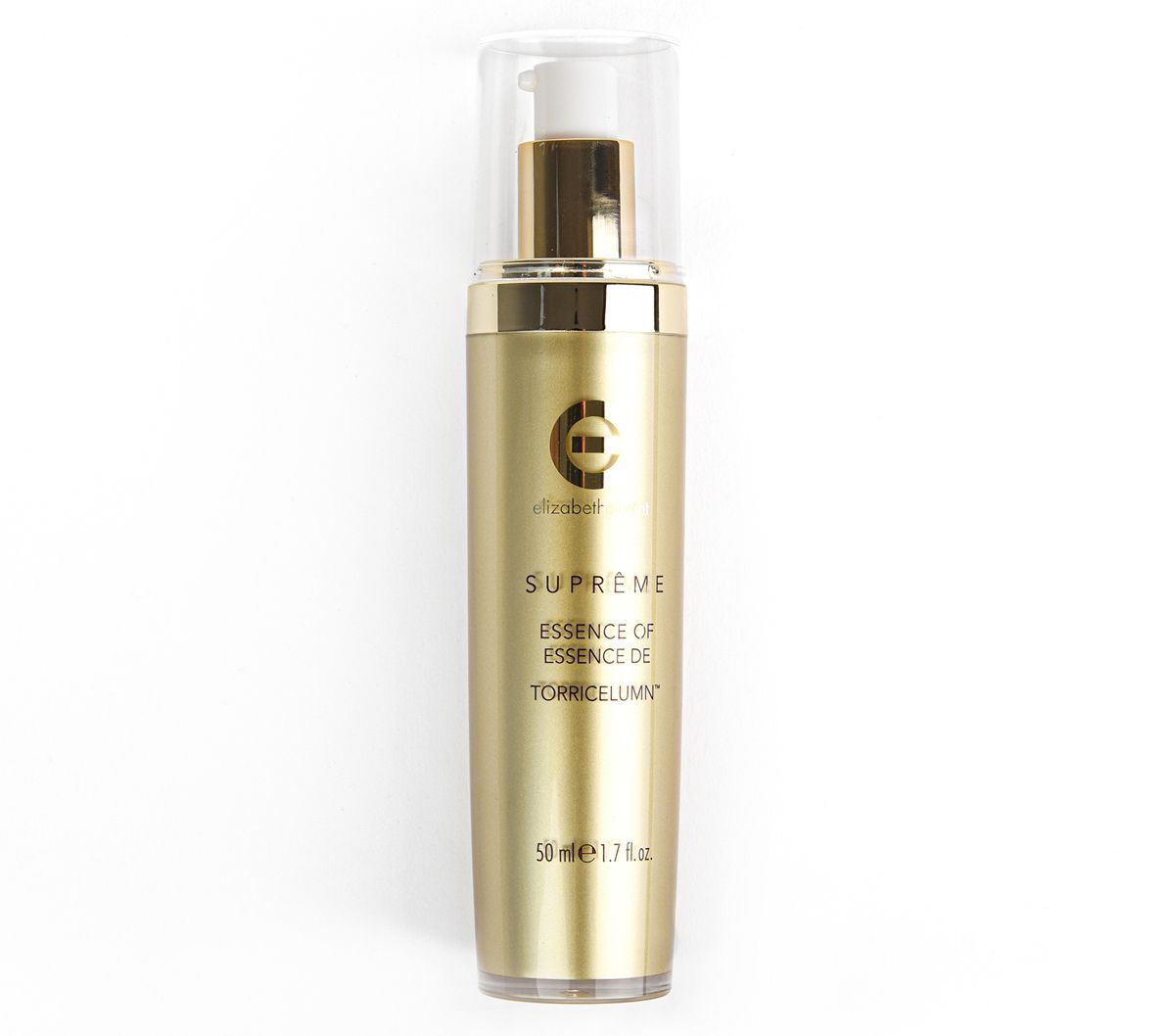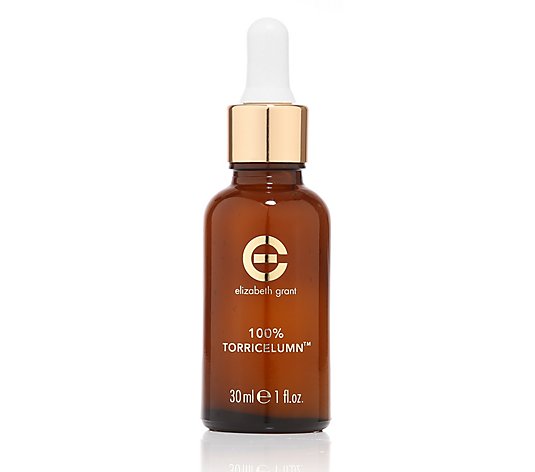
Buy Elizabeth Grant Supreme Essence of Torricelumn Face Serum with Gold Twinpack 2 x 90ml Online at desertcartLithuania

TVSN - Beauty Product of the Month 💗 Elizabeth Grant Supreme Essence of Torricelumn Serum 2 for 1 🤩 Don't miss out on this amazing deal! Shop
















